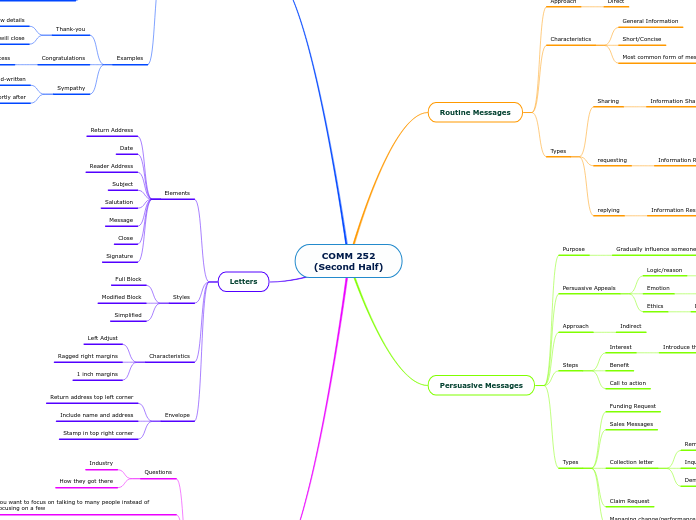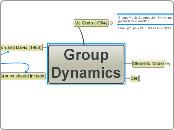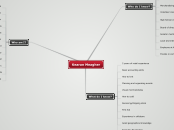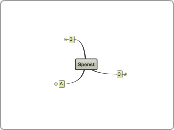COMM 252
(Second Half)
Networking
Extroverts
When to stop taking
Introverts
Just go for it - be brave
introverts can start communicating by talking about their interests
Take time to rest
If you nervous talking to people, start with easy interactions. Eventually, it's easier to just go up to people and talk. in relation to networking
If you use LinkedIn, make sure you fully utilize it instead of just for job hunting
Can network anywhere
Anybody can be a contact
Authenticity in interactions...find common ground
You want to focus on talking to many people instead of focusing on a few
Questions
How they got there
Industry
Letters
Envelope
Stamp in top right corner
Include name and address
Return address top left corner
1 inch margins
Ragged right margins
Left Adjust
Styles
Simplified
Modified Block
Full Block
Elements
Signature
Close
Message
Salutation
Subject
Reader Address
Date
Return Address
Goodwill Messages
Examples
Sympathy
Send shortly after
Hand-written
Congratulations
Share in success
Thank-you
Goodwill close
Include a few details
Short/Sincere/Spontaneous
Prompt
Personal
satisfy basic human need
appreciation
approval
recognition
Good business sense
Strengthen Business Ties
Build Goodwill
Persuasive Messages
Managing change/performance
Claim Request
Collection letter
Demand
Inquiry
Reminder
Sales Messages
Funding Request
Steps
Call to action
Benefit
Interest
Introduce the cause
Indirect
Persuasive Appeals
Ethics
Depends you ability to showcase how the reader can trust you
Emotion
Relate it to something to they care about
A sad anecdotal story
Logic/reason
facts/statistic
Purpose
Gradually influence someone and motivate them to action
Routine Messages
Types
replying
Information Response
Order Acknowledgment
Approving a claim
requesting
Information Request
Order Request
Requesting a Claim
Opinions on a matter
Sharing
Information Shares
Announcements
Instructional Memo
Informational Memo
Characteristics
Most common form of messages
Short/Concise
General Information
Approach
Direct









